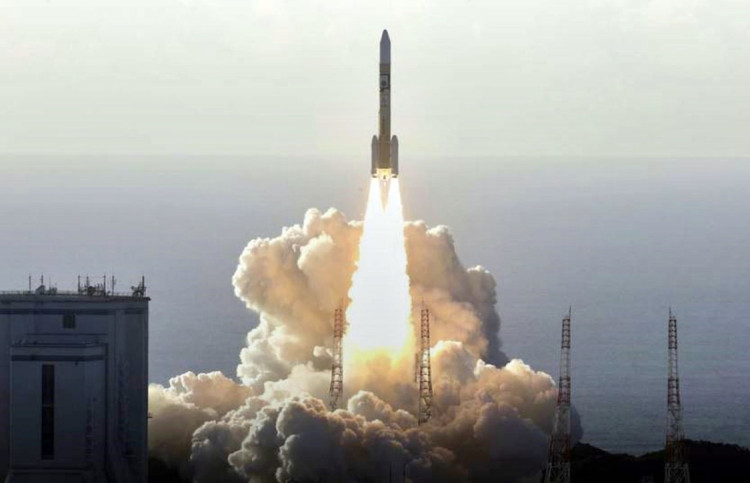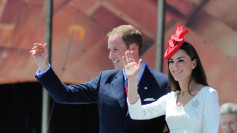After a seven month-long journey, the Arab and Muslim world's first spacecraft to reach Mars, the "Al Amal" ("Hope") satellite from the United Arab Emirates, is now orbiting the Red Planet.
Al Amal, which traveled 494 million kilometers (307.9 million miles), will next send data about the Martian atmosphere and climate back to the Mohammed Bin Rashid Space Center (MBRSC) in Dubai. Its safe arrival was greeted with jubilation in the Middle East.
"To the people of the UAE, to the Arab and Muslim nations, we announce the successful arrival to Mars orbit. Praise be to God," said Omran Sharaf, project manager of the Emirates Mars Mission, the UAE's first mission to Mars.
The UAE is now the fifth space agency after the United States, the Soviet Union, India and China to have successfully sent a spacecraft into Mars' orbit.
Officials at MBRSC mission control broke into applause Tuesday after Al Amal signaled it had successfully carried-out a burn that slowed itself enough to be captured by Mars' gravity.
Before this burn, the probe was hurtling along in space at 121,000 km/h (75, 185 miles per hour). It had to perform a series of turns and engine firings to maneuver into Martian orbit, and drop its speed to 18,000 km/h.
"Contact with #HopeProbe has been established again. The Mars Orbit Insertion is now complete," said MBRSC in a statement.
The UAE Space Agency said Al Amal will be the first probe to provide a complete picture of the Martian atmosphere and its layers. The orbiter will help answer key questions about the global Martian atmosphere and the loss of hydrogen and oxygen gases into space over the span of one Martian year.
It will study Mars' daily and seasonal weather cycles, weather events such as dust storms in the lower atmosphere and how the weather varies in different regions of the planet. The mission is being carried out by a team of Emirati engineers in partnership with foreign research institutions.
Al Amal was launched on July 19, 2020. It was the payload aboard a Japanese Mitsubishi Heavy Industries H-IIA launch vehicle that blasted-off from the Tanegashima Space Center in Japan.
Al Amal was the first of three missions sent toward Mars during the July 2020 Mars launch window when the Red Planet was the closest to the Earth. Launched after Al Amal were China's Tianwen-1 and the United States' Mars 2020 spacecraft with its Perseverance rover.
Tianwen-1 and the Mars 2020 spacecraft will reach Mars this month.
In July 2014, the UAE announced its goal to send history's first Muslim spacecraft to Mars in 2021. The stunning declaration was made by the Emir of Dubai, Sheik Mohammed bin Rashid Al Maktoum.
He said the Muslim Mars mission will prove the Arab world remains capable of delivering scientific contributions to humanity despite the many conflicts in the Middle East.
"Our region is a region of civilization," said Al Maktoum. "Our destiny is, once again, to explore, to create, to build and to civilize."






